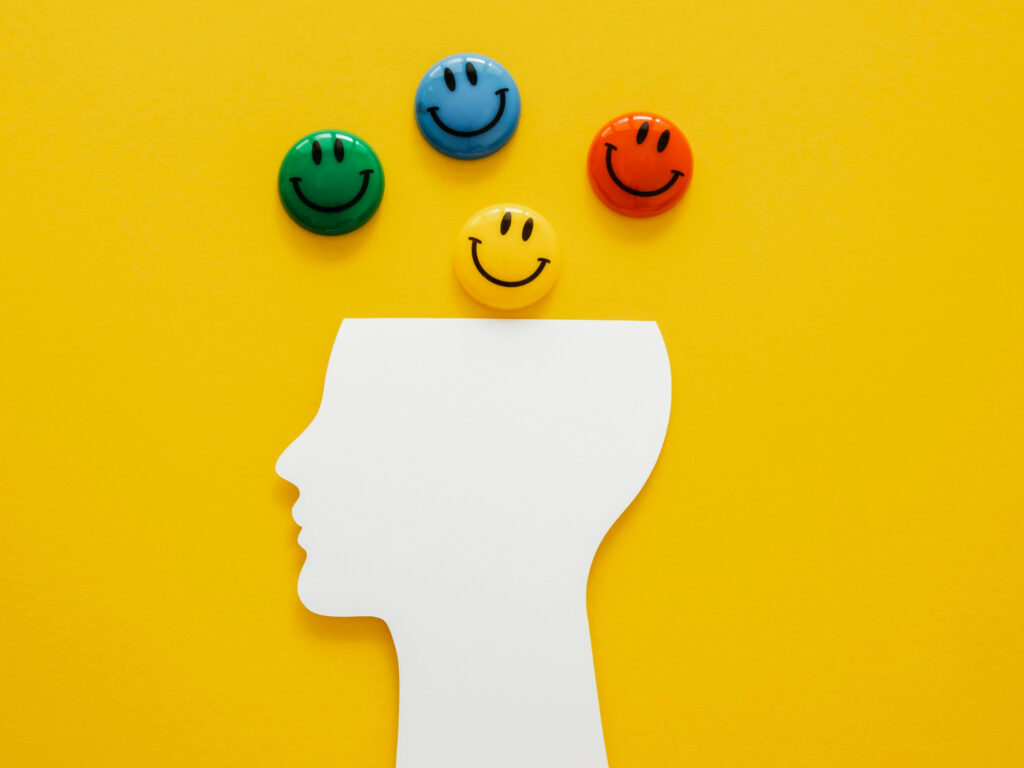To overcome addiction is one of the most difficult endeavors that a person can take on. Each experience is unique, making it necessary for the addiction recovery process to be flexible and able to cater to personal needs.
However, despite the awareness that addiction causes trouble in their lives, many find themselves trapped in a relentless cycle. This often fuels guilt and perpetuates the addiction rather than leading to change.
Here, we take a look at why some individuals struggle to break free from addiction despite their understanding of its repercussions.
How Mental Health Issues Contribute to Addiction
Depression, anxiety, and trauma are often at the root of many cases of addiction and act as catalysts for its grip on certain individuals. Past experiences with emotional turmoil can create the foundation for addictive behaviors to take root. People grappling with these mental health challenges may turn to substances or compulsive behaviors as coping mechanisms, seeking comfort and relief from their pain.
Unfortunately, this temporary relief can spiral into a cycle of dependency. Substance use disorders (SUDs) are highly associated with depression and anxiety. However, just because some people have an SUD and a mental disorder does not necessarily mean that one caused the other. Some research has found three reasons why SUDs and mental disorders may occur together:
Common risk factors. Both mental disorders SUDs run in families, pointing to genes as a possible risk factor. Environmental factors like stress or trauma can cause genetic changes that are passed on, which may contribute to the development of a mental disorder or an SUD.
Mental disorders contribute to SUDs. People with mental disorders, such as depression, anxiety, or post-traumatic stress disorder (PTSD), may use alcohol or drugs to self-medicate. While some drugs may temporarily relieve symptoms of mental disorders, they may worsen them as time goes on. As the brain changes with the rewarding effects of substances, it is also more likely that people with mental disorders will continue using and be at more risk for addiction.
SUDs contribute to the development of mental disorders. SUDs can result in the development of other mental disorders by triggering changes in brain structure and function. This may eventually lead to addiction.
Unfortunately, addiction only offers a temporary sense of escape from one’s emotional distress.
Social Influences Can Impact One’s Drug Use
Social influences play a crucial role in shaping drug use patterns, with peer pressure exerting a particularly strong influence. Individuals may succumb to substance use due to pressure from peers seeking conformity or acceptance within social circles. Moreover, lacking supportive networks can exacerbate vulnerability to addiction, leaving individuals feeling isolated and without recourse for assistance.
Adding to this issue is the pervasive stigma surrounding addiction, which often deters individuals from seeking help. Fear of judgment and societal condemnation can lead to reluctance to acknowledge or address addictive behaviors, perpetuating a cycle of secrecy and denial. Individuals may hesitate to seek the support and treatment they desperately need, further entrenching themselves in addiction.

How Self-Loathing and Guilt Amplify the Challenge of Recovery
Self-loathing and guilt are serious obstacles in the journey of addiction recovery. Addiction is often accompanied by a sense of shame, guilt, and self-stigmatization that can come from past behaviors and the harm they may have caused. Feeling responsible for hurting oneself and others can be overwhelming, fostering a vicious cycle of negative self-perception.
These emotions act as barriers to progress, undermining self-esteem and fueling a sense of unworthiness. Rather than motivating change, they often perpetuate addictive behaviors, reinforcing the belief that escape lies solely in substance use. To overcome addiction, you must not only breaking free from physical dependence but also navigating self-forgiveness and acceptance.
The Fear of Withdrawal Effects
The fear of withdrawal effects is a huge obstacle in the path to addiction recovery, deterring many from seeking the help they desperately need. The prospect of enduring painful and debilitating symptoms during detoxification can be daunting. Post-acute withdrawal syndrome, which is when the body responds to sudden decreases in alcohol and drug consumption, may also occur during detox and scare many individuals who are contemplating sobriety.
This fear can perpetuate the cycle of addiction, as individuals may continue substance use to avoid withdrawal altogether. Overcoming this hurdle requires not only physical resilience but also psychological fortitude, as those battling addiction grapple with the uncertainty and discomfort of the recovery process.
Strategies on How to Overcome Addiction
Overcoming addiction requires a more nuanced and complex approach, integrating various strategies tailored to individual needs. Personalized individual therapy, such as cognitive-behavioral therapy (CBT) or motivational interviewing, addresses underlying triggers and psychological factors driving addiction.
Medication-assisted treatment, combining medications like methadone or buprenorphine with counseling and behavioral therapies, aids in managing withdrawal symptoms and cravings, particularly in opioid addiction.
Support groups like Alcoholics Anonymous (AA) or Narcotics Anonymous (NA) offer peer support and accountability, fostering a sense of community and understanding.
Additionally, holistic approaches incorporating mindfulness, exercise, and nutrition bolster overall well-being and resilience.
Ultimately, a comprehensive treatment plan, combining therapeutic interventions, medication, and social support, provides a robust framework for individuals to navigate the complexities of addiction and embark on a path to lasting recovery.
You may overcome addiction through a comprehensive approach encompassing psychological support, social rehabilitation, and medical treatment. Psychological interventions like therapy address underlying triggers and behavioral patterns, promoting emotional resilience.
Social rehabilitation fosters healthy relationships and community integration, reducing isolation and reinforcing positive support networks. Medical treatment, including medications for withdrawal management and cravings, aids in stabilizing individuals physically.
Together, these elements create a robust framework for recovery, addressing the various aspects of addiction and supporting individuals on their journey toward lasting sobriety.
The Bottom Line
While overcoming drug use can be challenging, it is possible to quit an addiction. With a comprehensive approach integrating personalized therapy, medication-assisted treatment, support groups, and holistic strategies, you can navigate the complexities of addiction and embark on a path to recovery.
At Roots Through Recovery, with perseverance and support, individuals can reclaim their lives and find lasting sobriety. Contact us today to learn more about our services.



